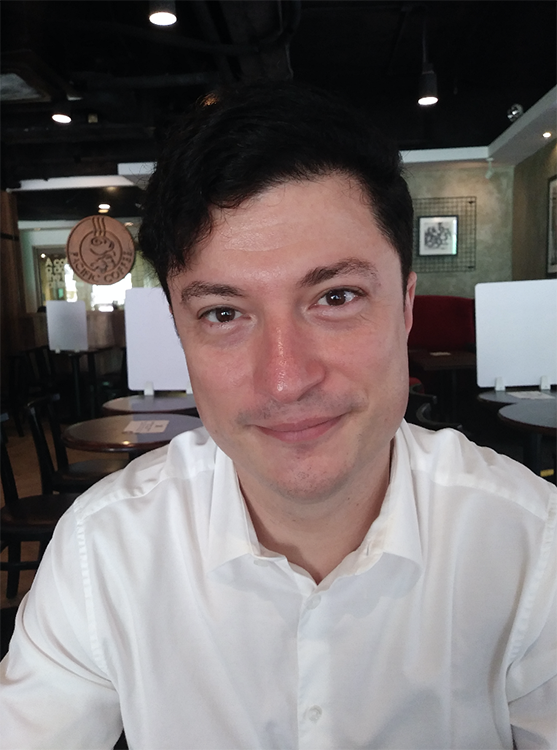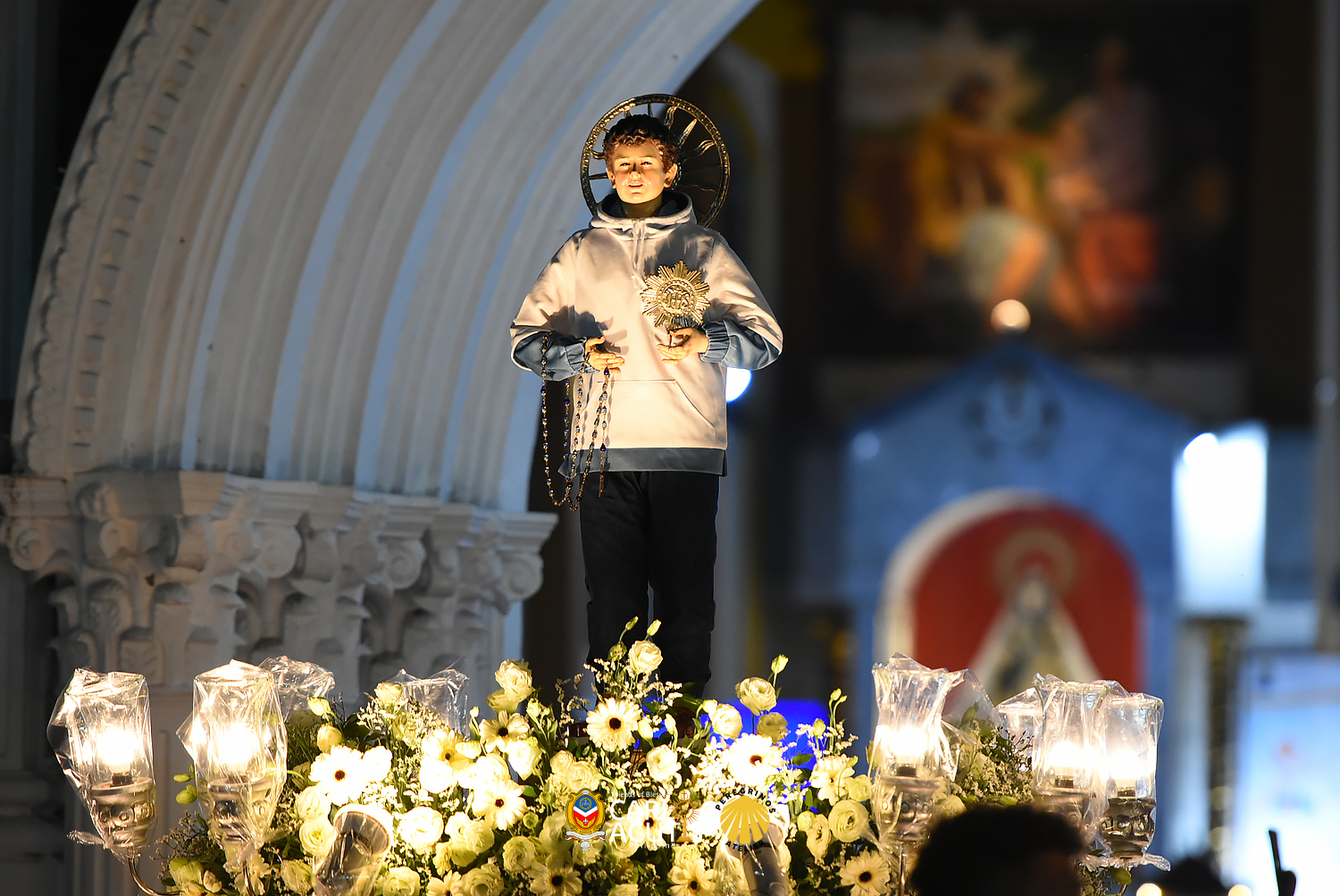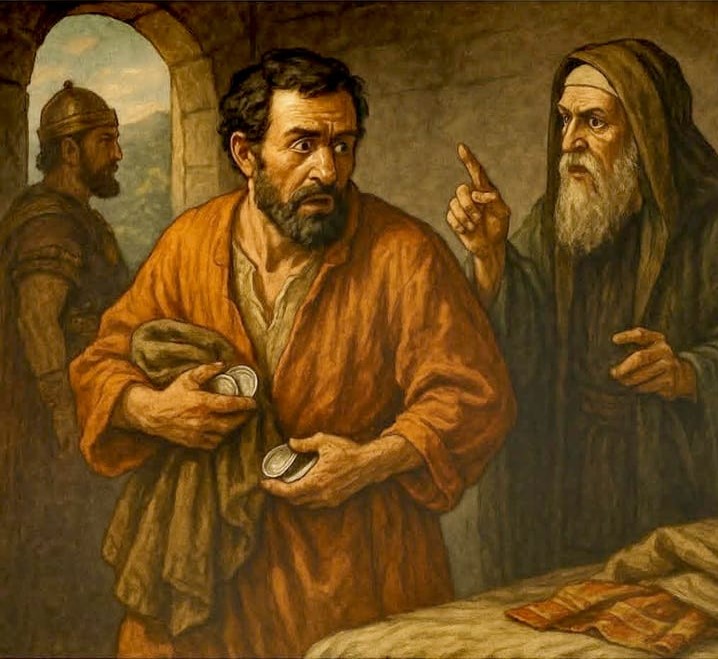Robaird O’Cearbhaill
Hong Kong Correspondent
Simone-Alexandre Chicoine works for social betterment of the very poor through various eco-friendly projects: substantially increasing workers’ wages, instituting farmed animal welfare, restoring pig populations wiped out by African Swine Fever, using their waste for energy, as well as providing plantations of endangered, especially useful trees, where local farmers plant free, ecologically beneficial, healthy plant varieties. In a long interview with O Clarim, the Catholic Quebecois, a French-Canadian, expands on those projects, and why Canada’s inclusive multiculturalism breeds sincere welcomes and integration for immigrants, racial equality and tolerance.
Tell us more about multiculturalism in Montreal, Canada’s second largest city.
Generally, the Quebecois are inclusive when it comes to people. For me, from primary school, the others were from different places such as Vietnam, for example. I grew up in this place where everyone is treated the same way, even if we don’t look the same. I am proud to be a Quebecois and a Canadian. You need to learn the local culture wherever you work, instead of dismissing them. So, for me I always see myself as a sponge that absorbs things. Instead of being judgmental, I am totally curious about how they will proceed with things or how they will go about it. It’s very different from the way I usually do or say but it’s interesting. I will not say you are wrong, you should think like this.
How and why did you get into the green economy?
I have been in Hong Kong for nineteen years. For fourteen years I worked in factories, mainland China, Taiwan and Thailand. After computer hardware electronics in the last five years I shifted to green finance. I was more attracted tothe green part (not finance). It’s investment or portfolio, but with a green profile: respect the environment and have a positive impact on it, and on the local community. [We work] in the countryside, with less access to good income. We don’t come in and take advantage of people: usually we pay a much higher wage than others in the same industry.
How does green financing, in your experience, work in practice?
So, for example, I worked four years in mainly growing up protected endangered trees in Malaysia, Thailand and recently in Hong Kong. The same trees that you can find in Hong Kong, called the Incense Trees – Aquileria sinensis – to make (since early history, Asia’s most used) incense, which is where the name of Hong Kong (meaning “Fragrant Harbour”) comes from. The name was created because Hong Kong since the middle ages, or perhaps earlier, was the trade hub between North and South China to provide incense.
In Thailand what’s great is to see plantations with hundreds of thousands of those trees. We allow the local farmers to use the land spaces in-between our trees for their own agriculture. The benefits of those crops godirectly to the farmers and we don’t touch anything. So, if they want to use them (crops) for food or in the local market, that’s their choice.
More recently you helped restore pig numbers after the onslaught of African Swine Fever.
For the last year and a half, I switched to farming of pigs. So what we did was imported breeds from the UK to the Philippines. Now we are re-populating the pig populations. The Philippines is heavily reliant on meat. Our goal is simply to breed high quality animals (born heavier, grow faster) for local farmers, for them to breed more animals, not to slaughter. Of course, I am very sensitive to animal cruelty, so our farm’s model pigs are not in a stressful environment, they well looked after, have quality food, showered twice daily, in a spacious indoor piggery where they can roam around. (The pigs from the UK would not survive in the hot and humid outdoors.) Pigs like mud to cool down. So we have areas for mud. Later, the showers and “soap” clean off mud. The equipment at the farm turns the waste into energy. Even with Covid and everything, the investment boomed. We want to be responsible for quality (which our pureline breed pigs produce) and not just be attracted by volume. Because of African Swine Fever brought from China to the Philippines through frozen meat, the government banned importing, putting a lot of pressure on the locals to produce animals – that’s why we’re there. We’re opening a farm in Portugal now to diversify: aside from pig breeding in Portugal, we are looking at hemp used for clothing, paper but also (recently very favored medicine) CBD oil. Hemp is easy to grow, does not damage the soil, with multiple yearly harvests.
How did you get green values?
I follow the Rotary Club steps: firstly, is it the truth, are your actions the truth or is there an underlying reason that is different? I love it. Secondly: is it fair for everyone involved except for yourself? To go back in time, in my childhood in the Montreal suburbs which were not highly developed, there was a huge forest behind my home. Parents were “wilder” than today: as a seven- or eight-year-old, I could go to the forest – all day – and get back home for dinner and my parents were not worried. Because I had that access to nature as a kid, it made me more sensitive to me belonging to nature, not me overpowering my environment. And I grew up with animal pets at a very young age and have always felt love for animals. They have a right to live, they are very vulnerable.
What role did your Catholic education play in your life?
In my Catholic school we had mandatory religious knowledge classes until middle school when you chose religious or social classes. I had baptism and confirmation and with my parents I went to Church. As a kid I didn’t really understand what it was, but I always felt peace of mind. That’s because there’s this quietness and peace in Church especially in the section for the candles. I just feel there’s this quietness that allows you to reflect on yourself. My father passed away when I was quite young and I remember going a lot to Church to light candles with my mum, make wishes, and talk tomy father.
It must have made a strong impression on you
Yes, and I always felt it was never overwhelming, when I had visual, graphic novels on Jesus I enjoyed reading them. At Christmas time, there’s always a lot of Catholic Faith movies based on the life of Jesus. In Montreal, there’s a big church, with a museum inside, where that scene (Bethlehem, the cradle) will be created by people from different countries. So you will have people from Africa creating one, from Vietnam creating one. Because it’s a very international celebration of the cradle. At Christmas when I go there, my Mum still likes going to the Church and seeing the choirs. It’s very positive because right now everyday when you watch the news it’s always negative. The choir and peace is a positive space for my mother. Christmas – it’s cheerful, you’re uplifted by the songs, you feel that closeness to people next to you.


 Follow
Follow


